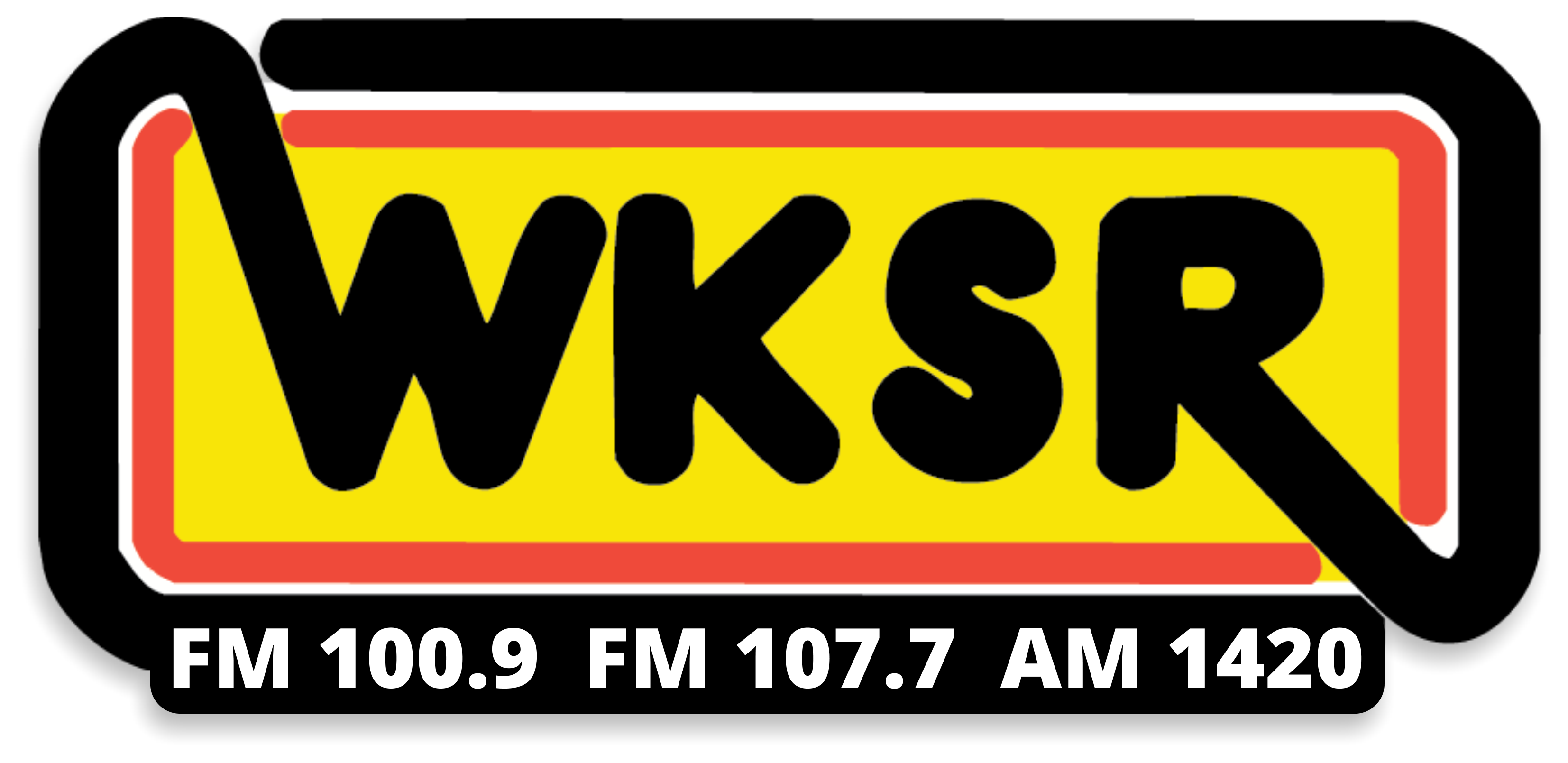Updated 4/8/20
The United States Department of Labor today announced the publication of Unemployment Insurance Program providing guidance to states for implementation of the Pandemic Unemployment Assistance (PUA) program.
Under PUA, individuals who do not qualify for regular unemployment compensation and are unable to continue working as a result of COVID-19, such as self-employed workers, independent contractors, and gig workers, are eligible for PUA benefits.
PUA provides up to 39 weeks of benefits to qualifying individuals who are otherwise able to work and available for work within the meaning of applicable state law, except that they are unemployed, partially unemployed, or unable or unavailable to work due to COVID-19 related reasons, as defined in the CARES Act.
Eligibility for PUA includes those individuals not eligible for regular unemployment compensation or extended benefits under state or federal law or pandemic emergency unemployment compensation (PEUC), including those who have exhausted all rights to such benefits.
Covered individuals also include self-employed individuals, those seeking part-time employment, and individuals lacking sufficient work history. Depending on state law, covered individuals may also include clergy and those working for religious organizations who are not covered by regular unemployment compensation.

